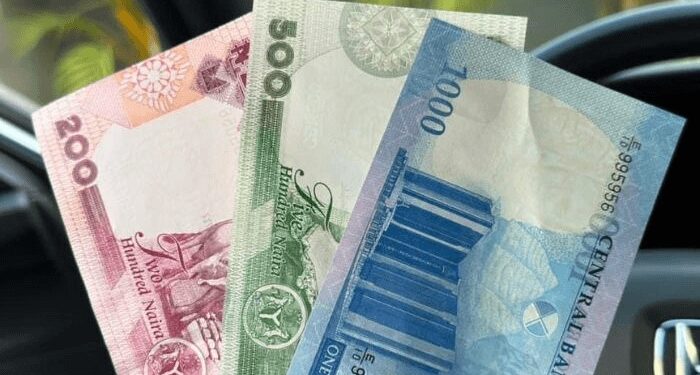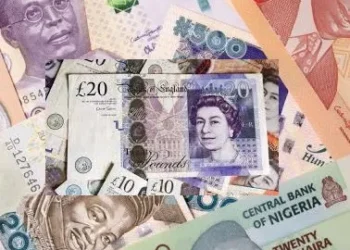The Nigerian naira hit its lowest point in three weeks on the official market, closing at N1,488.60/$1 on Wednesday, June 5, 2024. This marks a 0.78% decline from the previous day’s rate on the NAFEM window, as reported by the FMDQ Securities Exchange.
Volatility in the FX Market
This recent depreciation underscores the naira’s persistent volatility. Over the last three weeks, the currency has fluctuated significantly, with notable highs and lows. On May 27, the naira reached its strongest position in this period, trading at N1,173.88/$1 after a 14.09% appreciation. However, this gain was short-lived as the currency quickly depreciated again, highlighting ongoing economic pressures.
Decrease in FX Turnover
In addition to the naira’s decline, the foreign exchange turnover rate was reported at $205.43 million, representing a 13.32% drop from the previous day. This combination of reduced turnover and currency depreciation suggests a potential lack of confidence among traders and investors regarding the naira’s stability.
Economic Implications
The depreciation of the naira presents significant challenges for Nigeria, exacerbating economic issues for policymakers and businesses. The instability of the currency can lead to increased costs for imported goods and services, driving inflation higher.
Despite these challenges, the Central Bank of Nigeria (CBN) has been implementing measures to stabilize the naira and boost forex liquidity. The CBN has maintained a tight monetary policy to manage inflation and support the currency. Recently, the bank announced that International Oil Companies (IOCs) can sell 50% of their repatriated export proceeds to authorized forex dealers, a move aimed at increasing forex liquidity and reducing market volatility.
Government Efforts
On the fiscal side, President Bola Ahmed Tinubu plans to issue an executive order to discontinue the payment of taxes and levies in foreign currency. The order also emphasizes prioritizing the procurement of Nigerian-made goods and services to reduce pressure on the naira.
Future Outlook
Fitch Ratings has highlighted the importance of ongoing foreign exchange reforms to attract foreign direct investment (FDI) and foreign portfolio investment (FPI). According to Gaimin Nonyane, Director of Sovereigns at Fitch, these reforms are crucial for strengthening Nigeria’s current account by increasing oil refining capacity and attracting foreign investments.
As Nigeria navigates these economic challenges, the focus remains on stabilizing the naira and fostering a more resilient economic environment.









